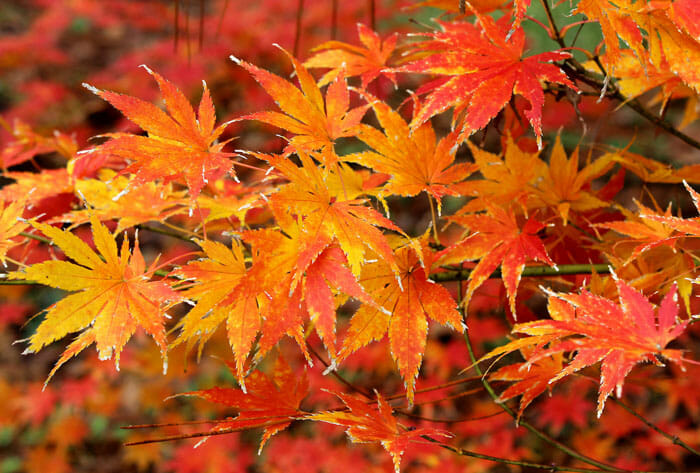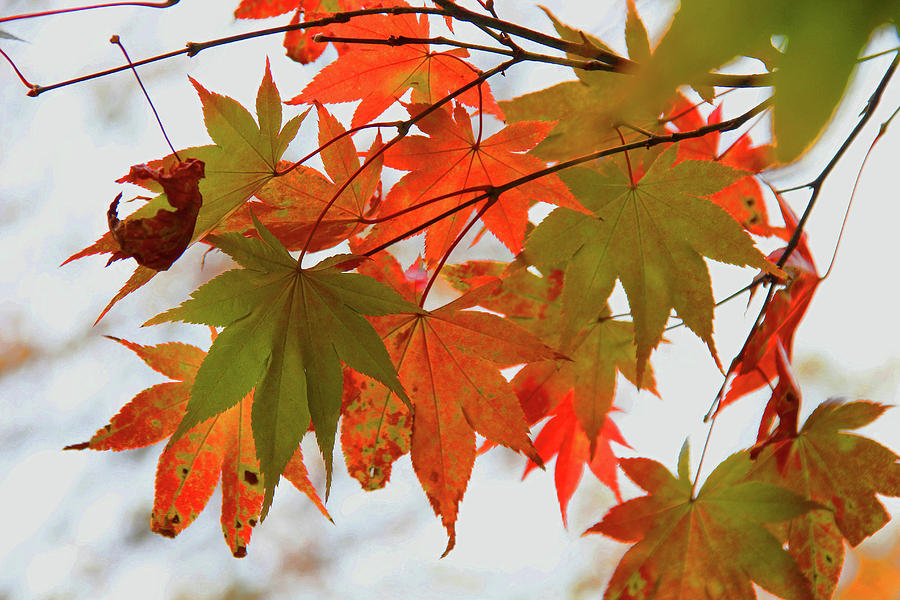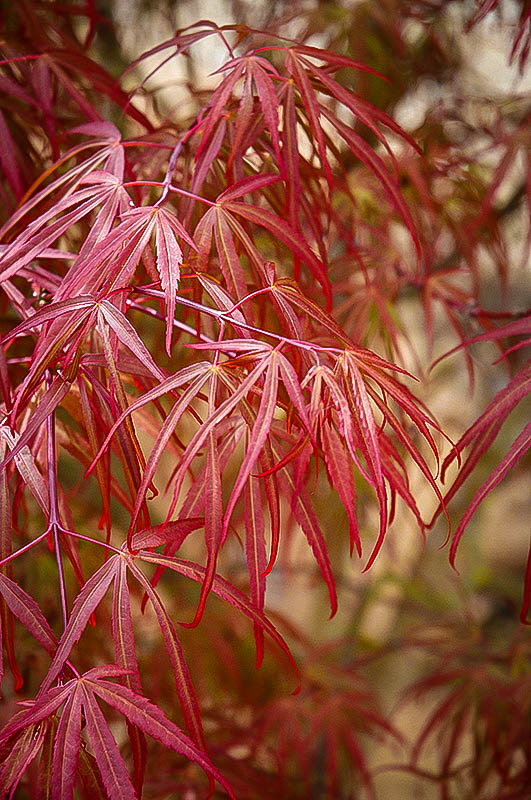
It’s deep orangish in color that turns to bright scarlet during the fall.īeing rapid growers these trees can reach up to a size of 6′ X 10′, whereas they can spread out for about 8 ft to 12 ft wide. These trees develop a plunge and mountain like shape as they mature. This is a classic out of all the lace leaf maple varieties. During the summer this tree holds appealing dark-red leaves.Īnd, in the autumn, its dense foliage turns into a beautiful scarlet red color, while this variety of lace leaf is pink-red in hue in the spring. This low-maintenance type of Japanese maple can mature to a size of 2′ X 3′. That is why it is a great option if you are looking to plant a beautiful lace-leaf maple in your garden. It is a short and dissected lace-leaf maple that is almost dwarf. There are several different weeping lace leaf maple varieties that offer a great appeal, including Acer shirasawanum, Acer palmatum dissectum, Acer japonicum, Acer palmatum, Acer sieboldianum, Acer buergerianum and many more.Īsh’s scarlet is one of the many wonderful Japanese maple laceleaf varieties with a weeping habit. Its delicate leaves are likely to burn during summer when exposed to the scorching heat in the afternoon.

Japanese maple leaf full#
The trees prefer to grow in full to partial sun exposure, well-drained and moderately moist soil. These maple trees can grow up to a height of 10 ft to 15 ft with a dense spread of about 8 ft to 12 ft. It appears pleasing in the summer season because of its deep-red leaves that turn into a crimson hue as it ages. It has a weeping form with a deeply cut leaf structure. The weeping lace leaf maples are deciduous trees that can be easily maintained. Here we have listed 20 different types of lace leaf Japanese maples that can offer mesmerizing appeal when planted on any landscape. The Most Popular Japanese Lace Leaf Maple Kinds The most interesting thing is that these trees are self-sowing so they can easily spread and turn into weeds. During hot summer days, the leaves are at a higher risk to sorch. Most of the lace leaf maple varieties require complete sun exposure as well as partial shade to grow well.
/Harriet-Waldman-tricolored-big-56a5881a5f9b58b7d0dd4585.jpg)
It is more likely to thrive in acidic, well-drained soil rich in humus. The ornamental leaves of this tree are highly admired for dark-red color in spring which changes to gold color in autumn.

These trees can climb up to a height of 10 to 15 ft and spread around 8 to 12 ft wide. It has a dissected form, which means it has deeply-cut leaves. The only variety that follows an upright structure is Lace-leaf Japanese maple, which is also famous as ‘Seiryu’. In fact, many people prefer to grow different Japanese maple lace leaf varieties to add a fascinating appearance to their landscape.īelonging to the family of Sapindaceae (also known as soapberry), these trees are short in height and mostly follow a weeping mound shape. In most cultures Acer palmatum or Japanese maple trees are treasured for their mesmerizing appearance.



 0 kommentar(er)
0 kommentar(er)
